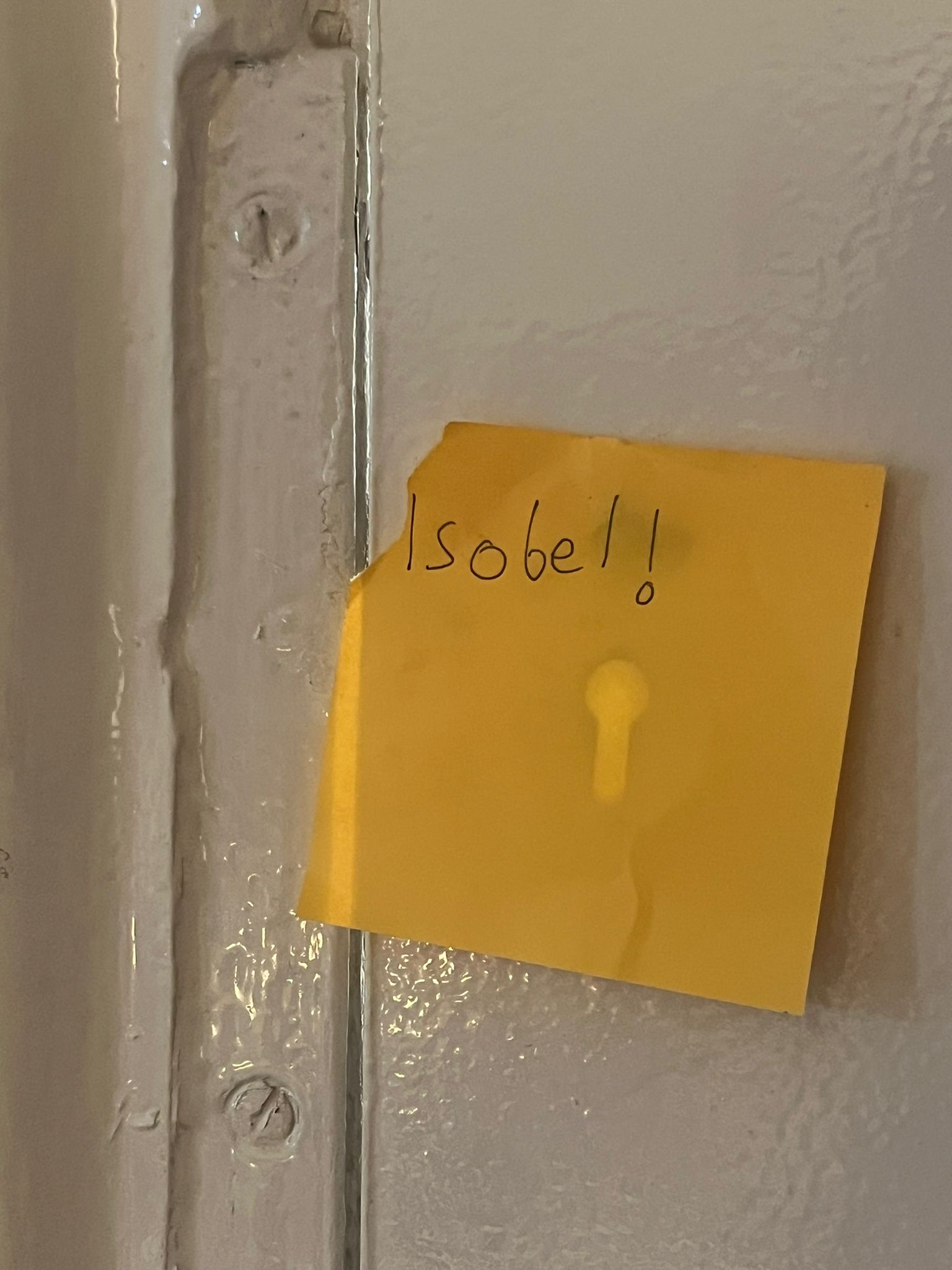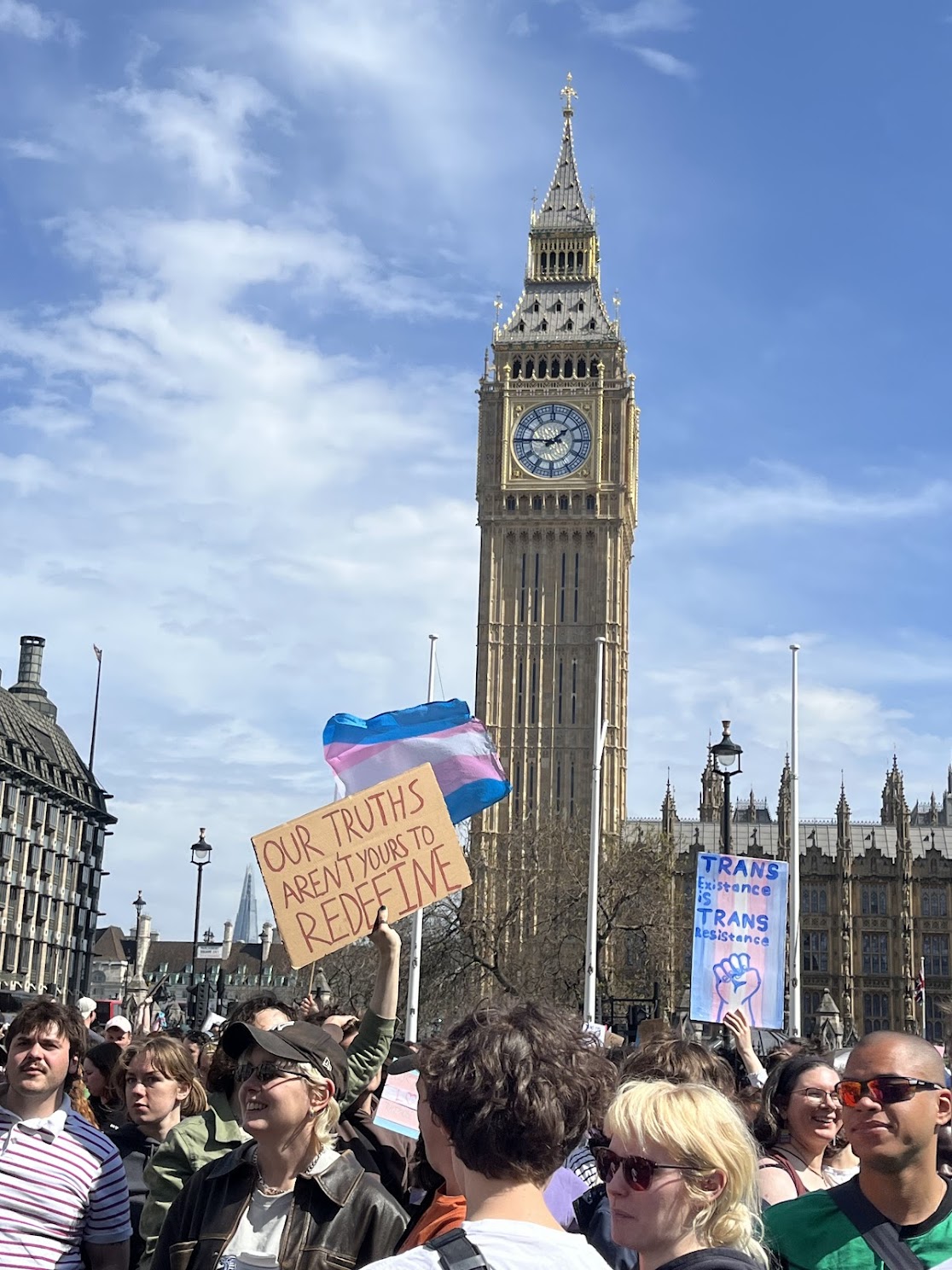blog > 1001 Transsexual Nights
the name that can be named is not the eternal name
There is still one of which you never speak. Venice', the Khan said.
Marco smiled. 'What else do you believe I have been talking to you about?'
The emperor did not turn a hair. 'And yet I have never heard you mention that name.'
And Polo said: 'Every time I describe a city, I am saying something about Venice.
- Italo Calvino, Invisible Cities
Marco smiled. 'What else do you believe I have been talking to you about?'
The emperor did not turn a hair. 'And yet I have never heard you mention that name.'
And Polo said: 'Every time I describe a city, I am saying something about Venice.
- Italo Calvino, Invisible Cities
the fundamental disagreement on the rights of trans people is an ontological one. for all the mainstream 'debate' wraps itself in (pseudo)science and (pseudo) (social)science1, after a certain point, an essentially unbridgeable gulf in belief reveals itself.
anyone who has discussed the 'issue' at length with a TERF will be familiar with this. getting into it with my mother (who doesn't know I'm trans), after about ten minutes circling the drain, it ended with blanket assertions that 'it's impossible to change your sex', and that it's incoherent for someone not 'born female' to say that they 'feel like a woman', because 'how would they even know what that feeling is?'. what should be a point to jump off towards mutual understanding and discussion is instead load bearing, axiomatic.
this sticking point is part of what has made anti trans backlash such an effective glue to bind together scattered global movements of the right and far right2. I'm not here to tediously litigate the argument itself, but i think the fact that our transgender condition provokes this deep gap in consensus reality (or what's left of it) tells us something about us, and the backlash we're experiencing.
ok, so, let's take an example. how would you know that you're gay?
well, as much as there's no roadmap, and everyone's journey is different... you would often have a period of 'questioning', of suspecting that the heterosexual life path laid out for you isn't what you want. many never self actualise, of course - beards are still more common than you'd think! - but in a contemporary understanding of homosexuality, someone's claim to being gay may be met with disdain, but it's less commonly denied outright. how do you know? well, you might suspect it, then you do some gay shit, and like it, and than you know. you can identify other gay people by the fact that they're also doing gay shit.
by the same token, how do you know if you're trans? well...
"The symptoms of hibernation are easily detectable: first, restlessness. The second symptom (when hibernating becomes dangerous and might degenerate into death): absence of pleasure. That is all. It appears like an innocuous illness. Monotony, boredom, death. Millions live like this (or die like this) without knowing it. They work in offices. They drive a car. They picnic with their families. They raise children. And then some shock treatment takes place, a person, a book, a song, and it awakens them and saves them from death. Some never awaken."
- Anais Nin, The Diary of Anais Nin, Vol. 1: 1931-1934
- Anais Nin, The Diary of Anais Nin, Vol. 1: 1931-1934
about six months ago, during my penultimate wave of self knowledge, I read a novel called 'blindsight'. it's a fantastic first contact story, exploring inscrutable aliens which appear to be conscious, but are revealed to have no interiority to speak of, and are all the more dangerous for that. the whole book plays with these ideas of consciousness and lack of it - the main character, siri keeton, has replaced some of his brain with a computer, which provides him with improved cognition of which he has no access to. there's certain things he 'knows-without-knowing' - or at least, knows without being able to articulate them, or being able to articulate why he can't articulate them.
when i read this book, i knew on some level i was trans. i piece together my life from damaged reflections, and can trace my current 'wave' of feeling, that finally broke, to this penultimate one, which started when I listened to a podcast about the movie 'I Saw the TV Glow'. (yes, its egg cracking power is that strong). this self knowledge came out while i was drunk with friends, i said the words 'i am a trans woman' to myself in the mirror, hell, I booked a (missed) appointment for hrt!
looking out at it now, forwards and backwards, this wave of self-knowledge is like an island in an archipelago.
backwards, that podcast hit me deeply because the trans protagonists 'real' name, Isobel, now my name, was the name that I had chosen at 17, when I knew (maybe?) that I was trans. then as now, i had chosen a name, told friends, it was part of my identity.
forwards, the knowledge of this penultimate wave was again overtaken by events - job interviews in an uncomfortable suit, flat viewings with unfamiliar flatmates, a need to project normalcy to loved ones during a major life move. you would think that this knowledge would remain dormant, and i'd retrieve it once the move had gone. but no - once i'd settled again, the knowledge had vanished.
backwards again, I remembered and discovered more and more waves of this information, at various degrees of certainty.
at 18, I was certain. i can't remember what changed. time, and life, and not acting on it.
at 21, on holiday and with my relationship in turmoil, i drunkenly ranted about it on a bus to a friend. after the fact, i remembered that i'd been intense, but the content of that conversation was lost until recently. scrolling back in my messages, i discovered a conversation from a few days before, with a different friend, where i was drunkenly raising the possibility. if you'd pressed me sober, i would have insisted that i didn't know what you were talking about.
at 23, i was having a phone call with a friend about the thought, but it vanished again.
at 25, i was posting on tumblr that I might be trans, but it would just be another thing for the NHS to deal with. again, vanished.
forwards, again, it was the supreme court case that finally burst the dam. i was just so angry! in an unexplainable way - 'i guess i'm just a good ally'. in arguments online about the case with the labour right (an embarrassing waste of time, obviously), i started referring to myself as a trans woman, without actually internalising it - knowing without knowing, speaking without believing.
as the repression became untenable, my self-loathing continued to grow, and i decided that i needed to Figure This Out, i went online and read about trans women's experiences of dysphoria. after clicking around a few websites, i was hit by a horrifying feeling of deja vu - without remembering where or when, i realised that i'd been on these websites before.
after the incommunicable moment of revelation, or discovery, or rememberance, I wrote my new (old?) name on a post-it note, 'isobel', and stuck it to my front door. remembering, and remembering that i'd forgotten, i was so afraid that i would forget again.
it's still there, four months later. i'm still afraid.

Pale covers 72% of the surface. There are grey flares and prominences, even arcs above entire isolas... The images are blurry, but if there was a sphere in there it certainly looks like it fractured a long time ago.
- Joyce Messier, Disco Elysium
- Joyce Messier, Disco Elysium
for some reason none of these waves, save the latest, 'stuck'. despite confirming it out loud, it remained a suspicion, not a certainty. what remained was that question I begun with, the question everyone else has for us - how do you know?
i was lucky to finally Figure This Out through a long, stream of consciousness journal entry, which means I have a little, unreliable, insight into what I was thinking that night. to surmount this doubt, i had to realise that it was possible, and morally neutral, and (for some) desirable to transition - that's table stakes. i had to reframe it from 'how unlikely is it that you're trans' to 'knowing what you know about yourself, what's more likely, that you're trans, or that you're cis?'.3
but I also had to reach out and take it, and be open to some degree of faith. you can have all the evidence you want, all the fragmented memories, all the logical framings, but ultimately, you have to be able to believe it without the need for proof, and you have to assert it to yourself (and mean it!)4 .
so, i guess that's how i know. evidence, with the tools to interpret it, and faith to hold it together. now you know, how do you prove that you're trans?
What is not reified, what cannot be ranked and measured, falls away. Not satisfied with this, reification extends even to its own shadow, the life which is not immediately actualised, whatever continues to live on merely as thought and memory. For this they have devised a unique rubric. It is called 'background' and appears as an appendix in questionnaires, after gender, age, and occupation. The violated life is still dragged along by the victory car of the united statisticians, and even that which is past is no longer safe from the present, which by remembering it, consecrates it once more to forgetting.
- Theodor Adorno, Minima Moralia
- Theodor Adorno, Minima Moralia
while you're in the closet, in that interregnum after realisation and full transition (which i'm languishing in), being trans is to be a paradox. to be something that you don't appear to be yet, something that's socially constructed but known only to you. transphobic backlash works on multiple levels to collapse the potential in that paradox.
as butler notes (and my mother parrots), the idea that you can change your sex is dismissed out of hand, knowledge that can't be known. this is obviously bullshit.
but the idea that you can't know what it's like to ~feel like a woman~ if you're ~not a woman~ is even more insidious - it ignores the fact that we take others word for it on their subjective experience all the time. (i really don't want to bust out stoner thoughts on how you know your green is the same as my green - piece it together yourself). the faith that holds any self knowledge together, once identified, is trivially denied and dismissed if it isn't backed up by a cultural narrative.
in trying to defend against this attack, it's inevitable that trans people have to construct a story which obscures this faith, makes it legible to society and the state - and quite a lot is lost in this process.
you can easily attack your standard worn narratives here - crossdressing as a child, self knowledge being intrinsic from childhood, a straightforward and binary transition to a passing (preferably heterosexual) woman5.
these were partially superseded in the latest, late 2010s push towards trans acceptance, to be replaced with 'gender identity' - another imperfect term from which all sorts of morbid linguistic symptoms pour ('women and people identifying as women', to take a particularly egregious example).
there's a lingering feeling that even benevolent institutions (where they still exist) don't know what to do with us, and attempts to create norms based on ideas about what we actually want fall short of the mark. take for example the dreaded work pronoun circle, something which (for me, at least, who's not out at work!) is actually incredibly uncomfortable!
and yet. this making ourselves legible, with the certainty of misunderstanding, isn't just for the benefit of the state, or a defence mechanism against those who will deny our existence forever. even the stories we tell to each other, without anyone else listening, will always lose something in translation, from individual to individual - but it's still so worth telling them. i never would have had the self knowledge to transition without what i learned from other trans people, those friends and podcasts and online resources. i've told friends, trans and not, who have sincerely listened and, i believe, come as close to understanding as we're able to get to understanding each other, about anything.
and what's more, as torturous and unrepresentative telling stories about something you just know can be - you really have to worry when they stop listening. when they refuse to allow trans people representation in a uk supreme court case on our right to exist in public, when they wipe the us federal government website of any mention of us.
telling stories about ourselves to the state, and to our adversaries, is tiring, and painful and it may never work - but every story keeps them listening, keeps them guessing, keeps them denying. every story, another night, another stay of execution.

- but i repeat myself...
- i'm currently reading Who's Afraid of Gender by Judith Butler, which is a fantastic mapping of this dynamic - highly reccomended!
- as an aside, i love this take on trans identity without fully cosigning it - that it's fundamentally defined by desire: "It feels frivolous to transition because I want to look like the person I dreamed of being in middle school. Better to say I have a nonbinary gender identity. A gender identity can’t be frivolous, because it doesn’t mean anything at all. Most of all, gender identity is defensible. If your reason for transitioning is epiphenomenal, it offers no crack into which to wedge the thought that you ought to be doing something else. Desire is indefensible: strange and vulnerable and shameful, too intense and too revealing and not at all politically correct. It has only this to say for itself: that it's the only good reason to do anything at all."
- that’s why despite not being whole-heartedly religious, I think about Conclave as foundational to me coming out - 'if there is only certainty, and there is no doubt, then there would be no mystery, and therefore no need for faith'.
- it should go without saying that trans people haven't constructed these themselves - listen to science in transition for a good account of how the medical establishment constructed the concept of the transsexual - but in making ourselves legible it's inevitable there's been some fallback to them.
